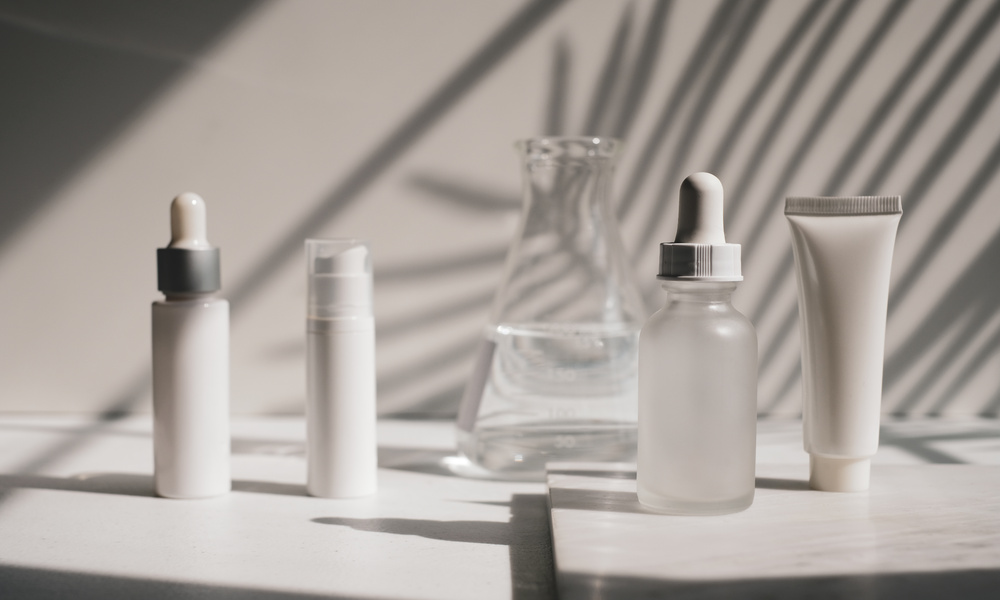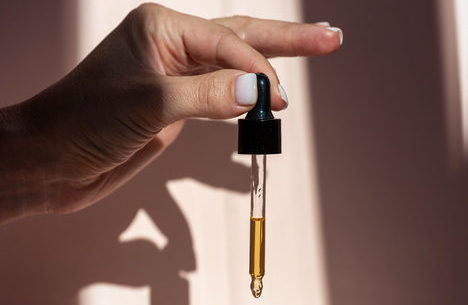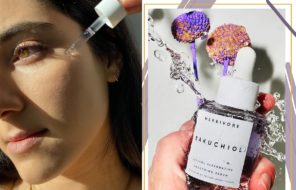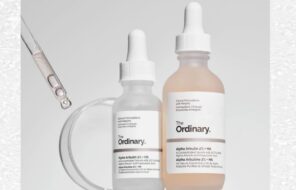Keep your skin safe and healthy by ensuring your skincare products aren’t expired.
We’ve heard those phrases time and again: “This is the best product for your skin,” “It’s crucial to have a healthy skincare routine,” and the all-time classic, “Don’t forget the sunscreen!”
From our mothers drilling these phrases in while growing up to our friends offering tips as we get older, constant advice may have helped you prioritize and best care for your skin. After all, one of the keys to looking and feeling healthy is a consistent and nourishing skincare routine.
But many people don’t know that skincare routines should consist of new and fresh products — ones that aren’t outdated. If a product passes its expiration (or “use by”) date, it won’t be able to live up to its full potential, no matter how good it once was.
There’s also a minor detail worth mentioning: Unlike grocery products, the FDA doesn’t require beauty brands to label their products with expiration dates or have specific shelf lives. This rule might make sense for items like milk baths or salt scrubs, where it becomes apparent when they expire. But for other skincare products, especially makeup, it can be tougher to tell when a product is past its prime.
For example, products like retinol and Vitamin C serum can still smell and look normal past the expiration date, even if they’re no longer doing their jobs properly. Your makeup may look and feel the same as when you first opened it. But using beauty products outside their most effective time frame will begin to show over time.
The negative impacts of using expired skincare
Using old skincare products won’t necessarily negatively impact your health in most cases, but as time goes on, products’ effectiveness begins to dwindle. Expired skincare can also host bacteria and fungi or cause your skin to become red or irritated.
For example, when you dip your fingers into a cream or even use a brush to apply eyeshadow or a wand to apply mascara, it can lead to excess bacteria. And harbored bacteria can lead to skin irritation and breakouts — the very things you want to avoid when taking care of your skin.
This rings especially true with eye products, which, when expired, can cause puffiness and irritation. And nothing good ever happens when something enters your eye that isn’t supposed to be there.

How long do skincare products last?
With groceries, it’s easy to tell when items have surpassed their shelf life. We’ve all sniffed an expired carton of milk or opened up the crisper drawer to a moldy vegetable.
But when opening bathroom cabinets, it may not be so obvious. A product may be expired even if it doesn’t look or smell bad. And when it comes to expensive skincare that costs a fortune, most people will have a hard time throwing away the excess once it’s expired.
Thankfully, skincare expiration dates don’t vary as much from brand to brand as they do from product to product. You can easily memorize the average amount of time certain skincare products last. Most items have a stamped label stating the period after opening (PAO). The PAO is written as a timeframe like “12m,” which means 12 months. But the timeline varies depending on the type of product. Here’s a breakdown of how long your skincare items should last (on average):
- Moisturizers: 12 months
- Serums: 16 months
- Face washes: 6 months
- Oils: 12 months
- Deodorants: 24 months
- Acne products: 8 months
- Toners: 12 months
- Sunscreens: 12 months
Unopened skincare products are a whole other beast. Since they’ve yet to be exposed to oxygen and any bacteria, they can still retain their potency beyond the expiration date (if sealed entirely, that is). However, once you finally open up the product, take note of the average expiration dates to keep your skin safe and free of bacteria and irritation.
So, is it actually expired if it’s past the ‘use-by’ date?
This is a question we’ve all asked ourselves when looking at our favorite product and realizing the date is past its prime.
While this entire article focuses on throwing away expired products for your safety, there’s the element that some products will still work well a few weeks to a month after their expiration date.
Do we recommend using them beyond the use-by date? No, but to make you the most knowledgeable consumer possible, we’ve added a few additional ways to figure out if your products are still safe to use.
Here are a few tips on how to determine if your skincare is expired:
- Consistency. If the product’s consistency has changed over time and it’s past its expiration date, toss it! If the consistency and smell have remained the same, the choice is yours.
- Ingredients list. If the item contains Vitamin C, retinol, or other ingredients like glycolic or hyaluronic acid, you’ll want to abide by the expiration date. These compounds will break down over time with exposure to oxygen.
- Coloration. Take note of the item’s color as you open the jar, tube, or case. Instead of just using it immediately, take a moment to focus on the tone. Does the color vary throughout? Has it changed color over time? These are clues your product should be tossed.
- Smell. If something smells rancid, off, or simply not how it did when you first opened it, it’s time to stop using it.
How to extend the shelf life of your skincare products
The easiest way to extend the life of skincare products is to store them in cool, dry places, such as on a counter or in a bathroom drawer or cupboard. If a product contains a fragrance in the first five ingredients listed, it’s best to store it outside the bathroom. With the humidity from the shower, molecules in heavily-fragranced items can break down quicker, spoiling the product at a faster rate.
Another piece of advice to help you extend the shelf life of your skincare is to always wash your hands before using a product.
Purchasing smaller or travel-sized options over regular-sized products is an additional way to avoid wasting money, especially if you go through your items slowly.
Your skin, not your skincare products, should be your first priority
Given that we often prize our skincare routines above all else, paying attention to expiration dates is almost as important as focusing on the ingredients list. Though some products might last longer — particularly if sealed — they should always be stored correctly for maximum efficacy. And above all, keeping your skin healthy and safe is essential, so prioritize your skin by regularly getting rid of outdated products.





